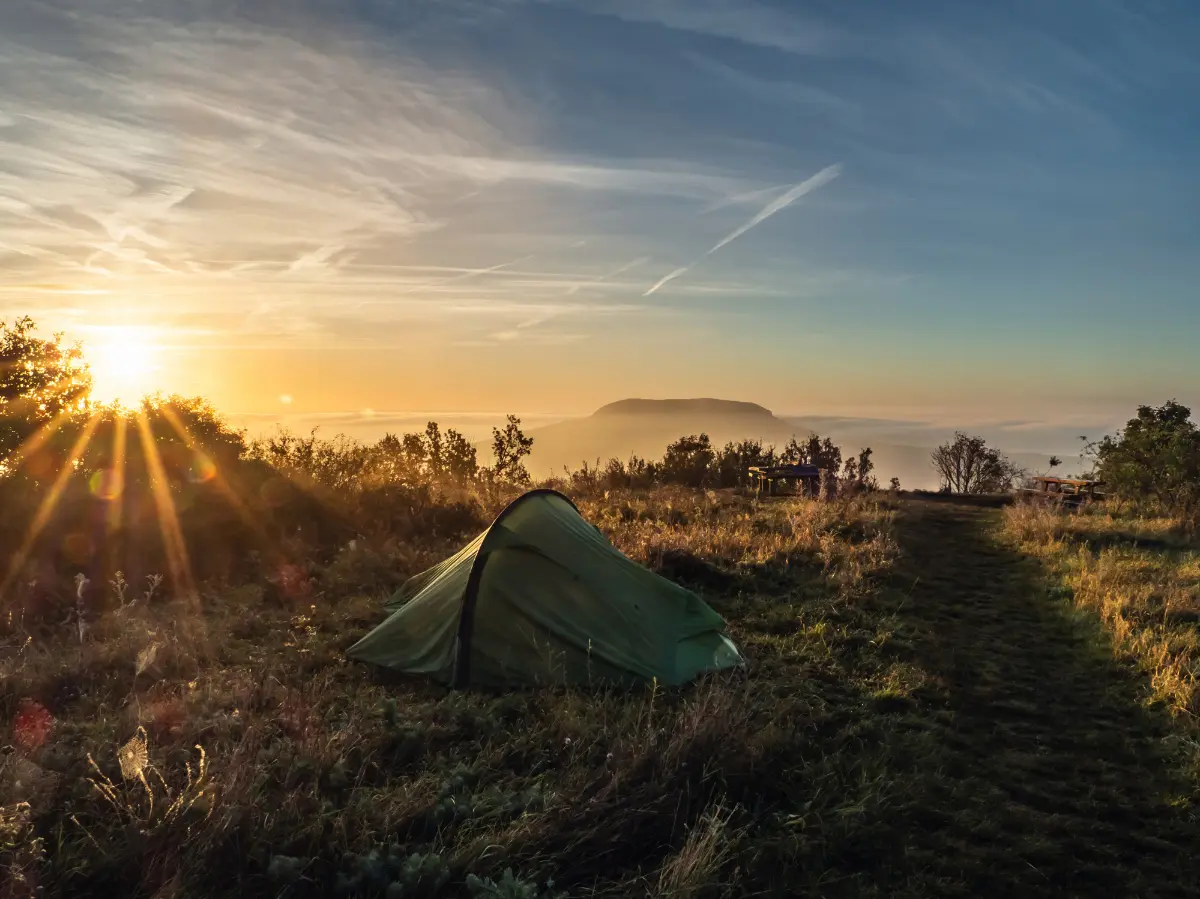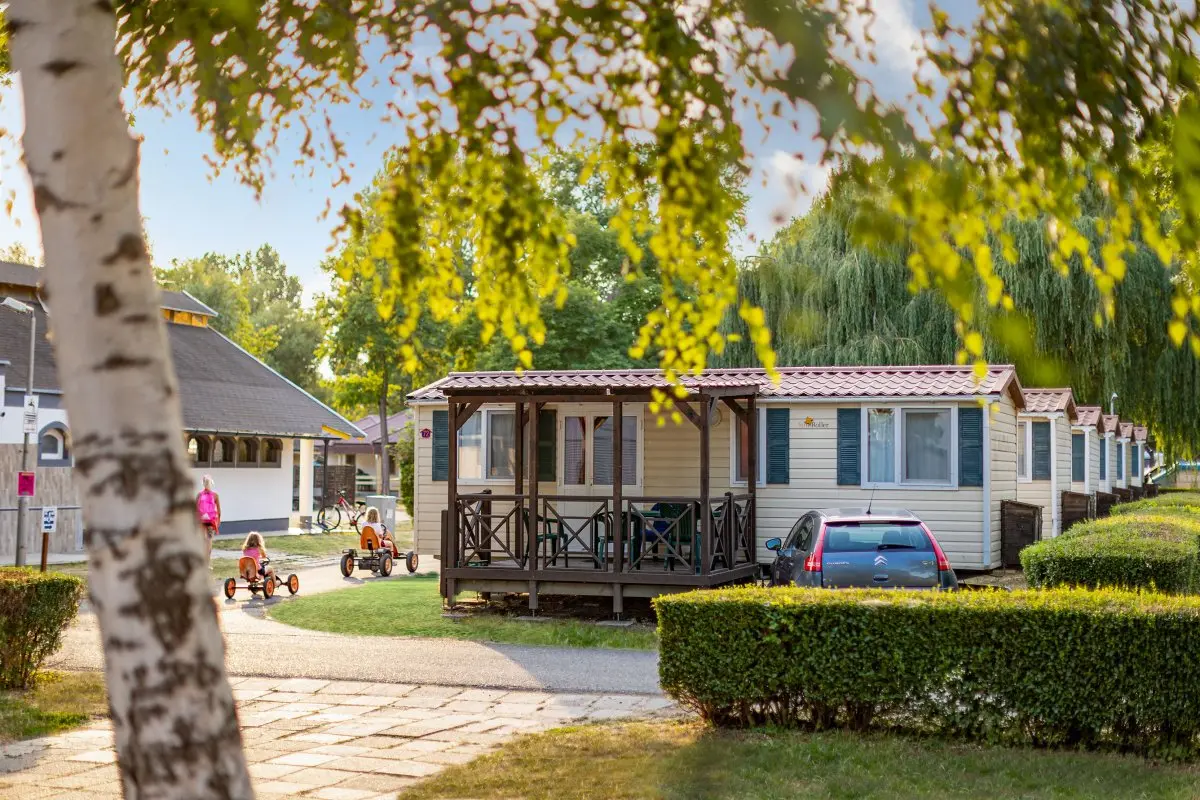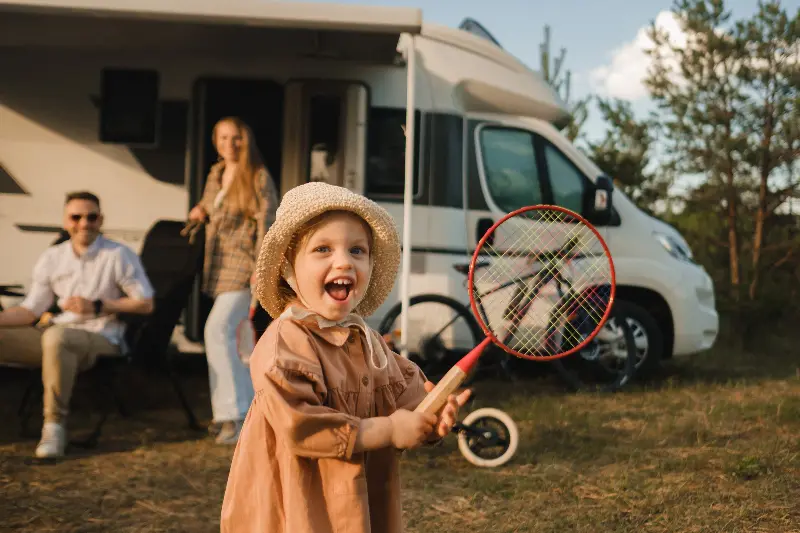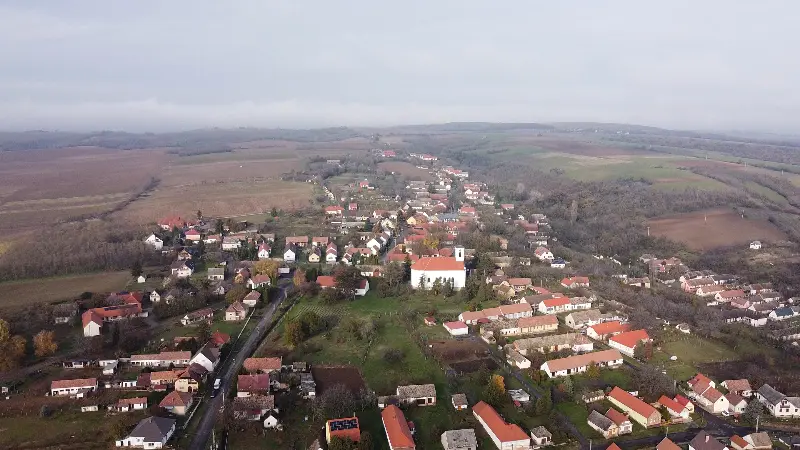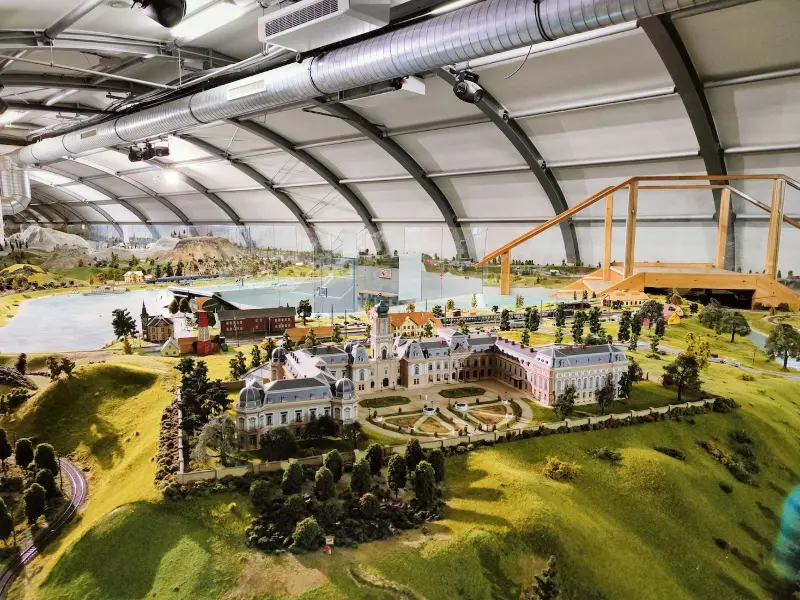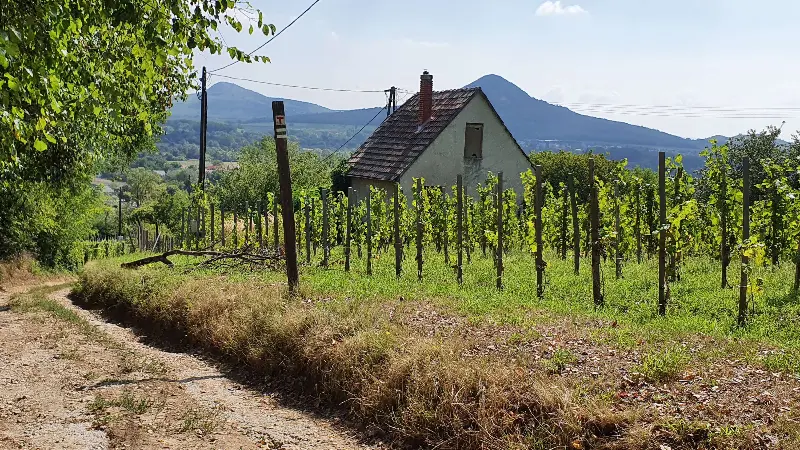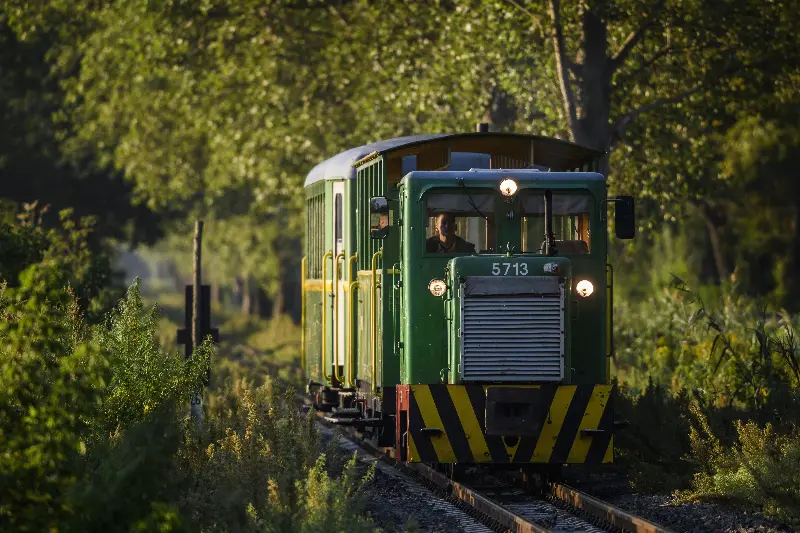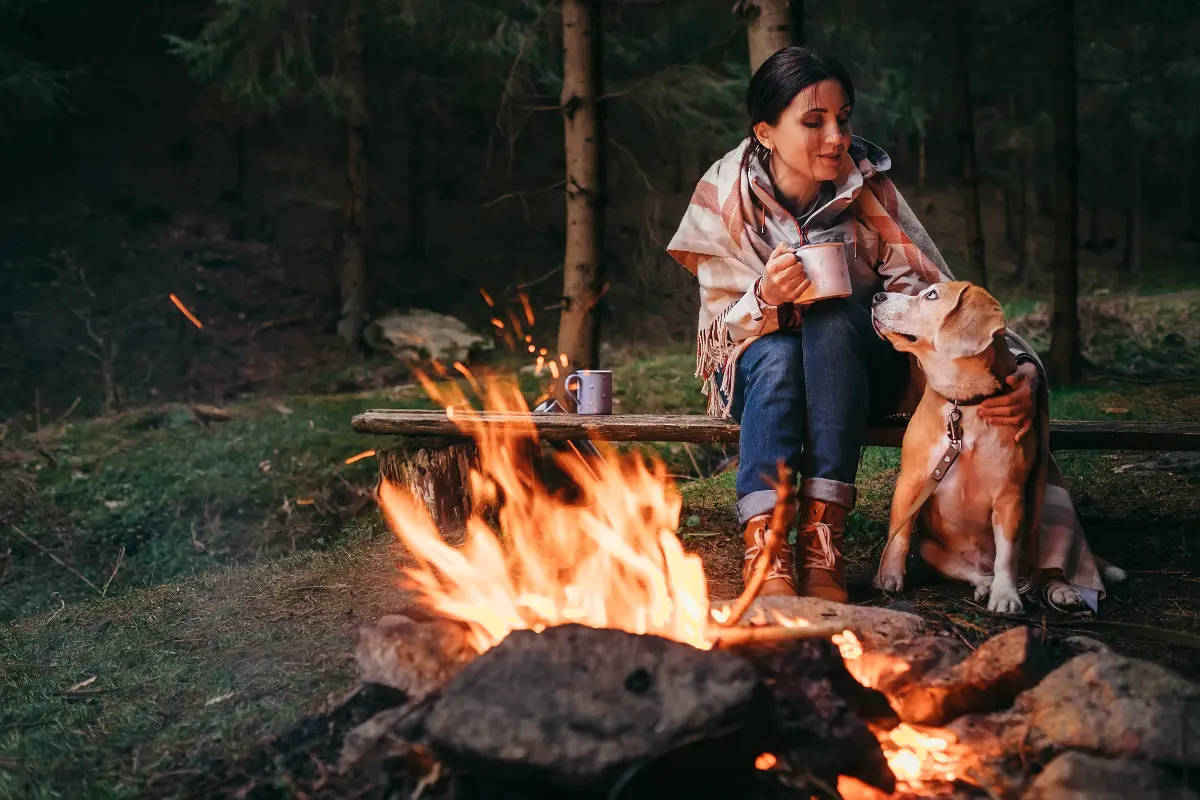
Helyszín címkék:
Ready, steady, tent! Camping guide for domestic travel
Szabó Sára
Camping culture during socialism
During socialism, camping was one of the most popular forms of domestic tourism in Hungary. Since travel opportunities were limited, Hungarian families preferred vacations organized around Lake Balaton, Lake Velencei, and mountainous landscapes, such as Mátra and Bükk, due to the difficulties of getting abroad. Within the framework of the tourism developments, many campsites and resorts were built, which offered affordable accommodation for the working classes. The popularity of camping, caravans and simple holiday homes was linked to the ideal of a self-sufficient, communal lifestyle.
Camping has always offered a sense of freedom associated with the closeness to nature and breaking away from the monotony of city life.
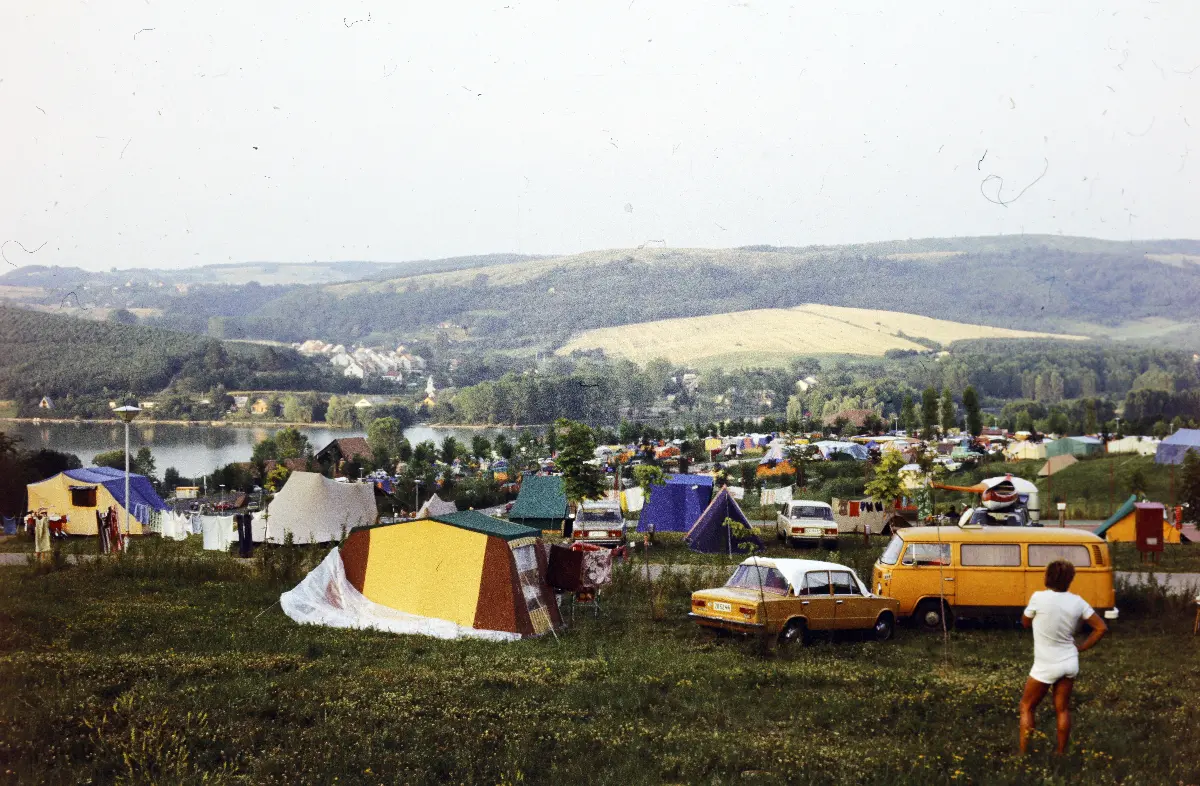
But according to Borbála Kisgyörgy, president of the Hungarian Camping Association, camping was not only popular among Hungarians. During the period of socialism, Hungary attracted foreign campers as a "connection point" between the Eastern and Western blocs. Balaton was particularly popular among East Germans, Czechoslovakians and Poles, as it offered an option that suited the travel habits and limited financial means of those coming from the countries of the Eastern Bloc.
"Western European tourists – mainly Austrians, Dutch and West Germans – also gladly visited Hungary. For them, the country was an exotic but relatively safe destination. The campsites were well equipped and provided a suitable standard even by Western standards, for example with electricity and water connections, as well as restaurants and leisure facilities," – says Borbála Kisgyörgy.
Modern camping and close-to-nature tourism after the millennium
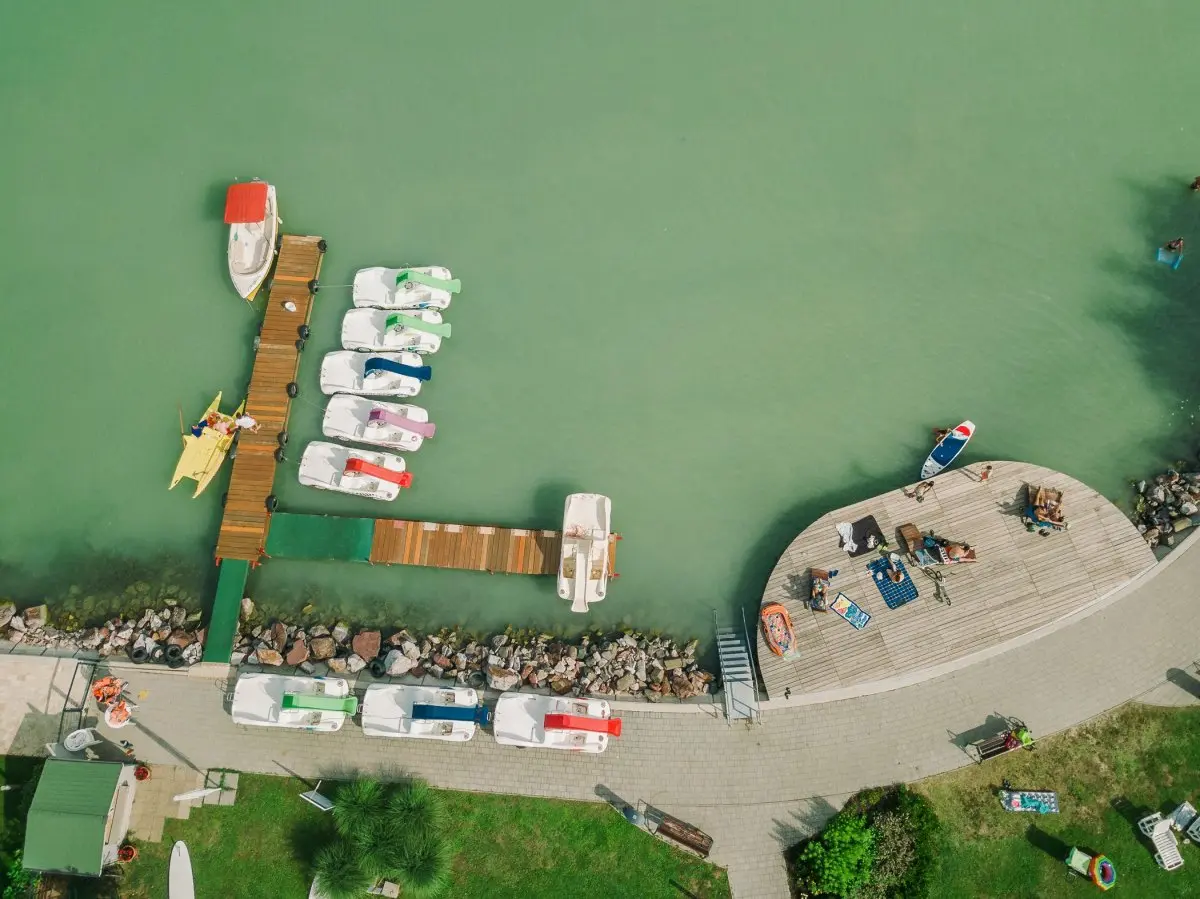
After the millennium, camping gained new dimensions in Hungary, especially thanks to the increased interest in close-to-nature tourism. Within the framework of the increasingly popular ecotourism, many people have turned to glamping (luxury camping) and alternative forms of accommodation instead of traditional camping. Lake Balaton and other popular tourist destinations still play a central role, but interest in lesser-known natural sites is also growing. Modern campsites now have advanced infrastructure, including wireless internet, modern baths and amenities. At the same time, sustainability also has become an increasingly important aspect. Many people focus on nature protection and look for campsites that offer environmentally friendly solutions, such as using renewable energy or operating composting systems. According to Borbála Kisgyörgy, it is also an extremely important aspect that most campsites offer family-friendly programmes, leisure activities and services within which we can learn about the natural and cultural values of the region.
Camping etiquette, or "everything is more beautiful in green"!
Whether we are completely fresh-new or experienced campers, it is definitely worth keeping camping etiquette in mind. Although respect to nature and living harmoniously with other campers may seem obvious, it is worth browsing through the policies of the selected campsite before the trip! If you are familiar with the regulations, it is recommended to consider a few things before travelling.
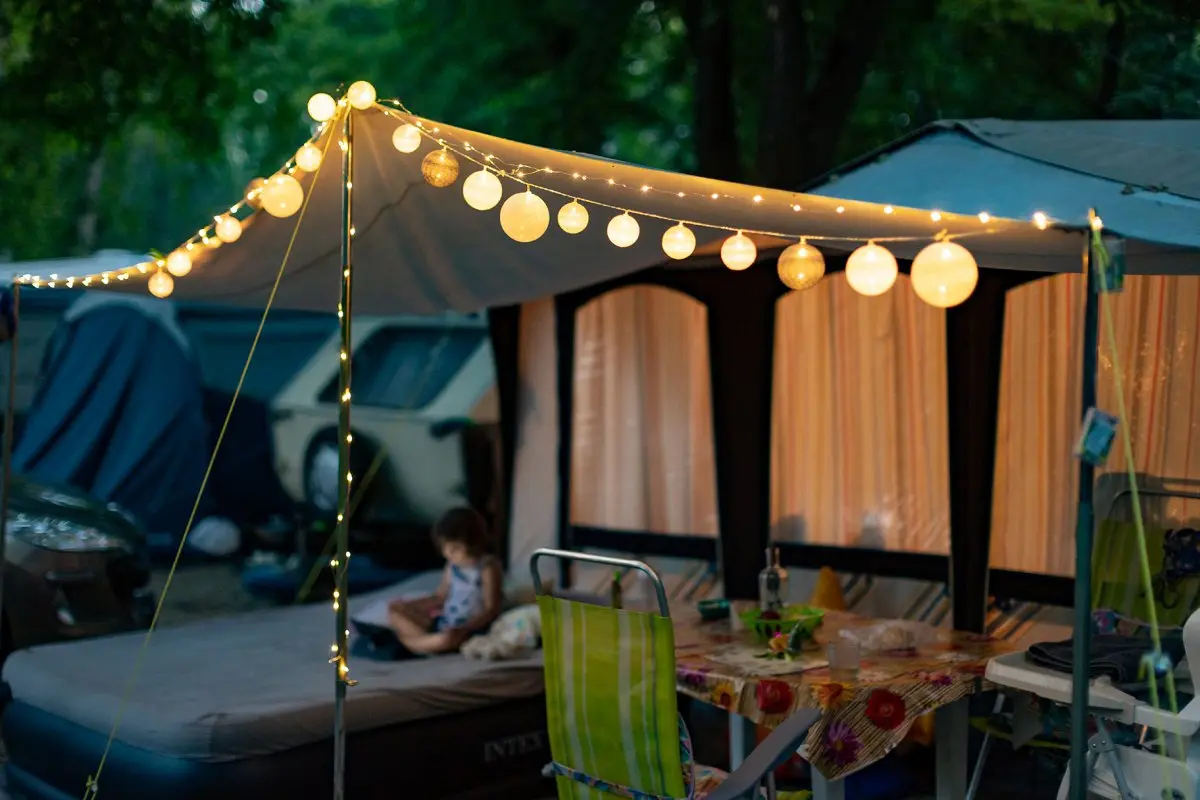
The principle "leave everything as you found it" is the golden rule of nature walkers, which helps preserve the beauty of campsites for future generations. When packing, think about selective waste collection and further necessary supplies that can help keep your environment clean. Laying a fire also requires special attention. You should only lay fire in the designated place, which should never be left unattended! Another important factor is silence and peace. Avoid making excessive noise, especially at night! One of the main attractions of camping is enjoying the sounds of nature, and others also would like to experience that. The treatment of animals is also a critical issue. Do not feed wild animals as this can be harmful to them and change their natural behaviour. The same applies to pets: if you are camping with a dog or other animal, always keep them on a leash and make sure they do not disturb your surroundings. Finally, be polite and friendly to other campers! After all, the camping experience also includes building relationships, and what is more, because of the proximity of others, it is one of the most exciting forms of travel.
Great campsites if you were to start on a journey
If all you are missing is the destination, here are some great domestic tips! The Tündérkert Camping in Gyenesdiás is a third-generation family campsite that awaits the fans of quiet, intimate campsites close to Lake Balaton, yet in a natural environment, in a "garden" surrounded by fruit trees, huge native walnut trees, and grapes. If you are more attracted by a wider range of services, it is worth adding Balatontourist Füred Kemping és Üdülőfalu to your bucket list. The largest waterside campsite on the northern shore also functions as an independent holiday village: it has its own beach, swimming pools, sports fields, animation programmes, restaurant and buffets, and it offers not only tent and caravan sites, but also mobile homes.
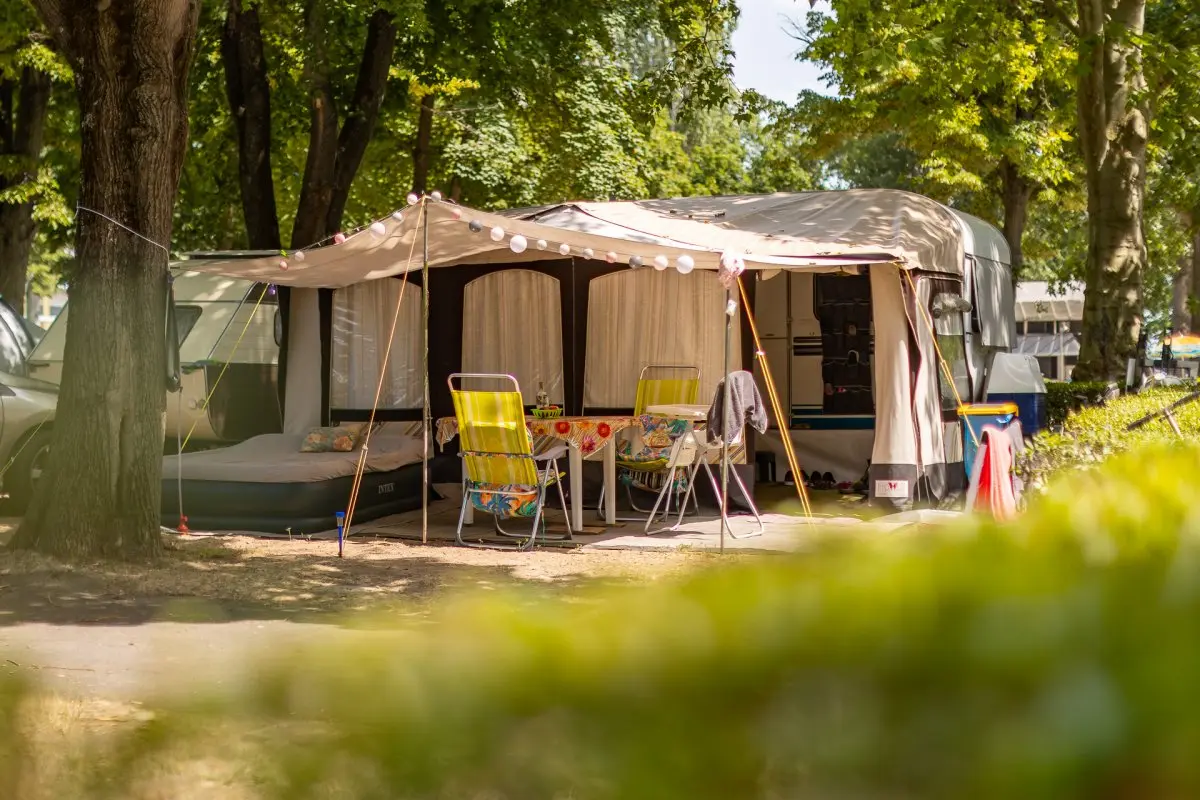
All in all, it can be said that those waterside campsites and campsites connected to thermal waters are the most popular that offer complex services. Operating as a holiday village close to nature, these accommodations have their own restaurant, café, sports and entertainment programmes, as well as playgrounds. A private pool and a direct waterfront are often available in their landscaped area. An example is the Castrum Camping in Hévíz, through which flows the medicinal water channel of the famous Lake Hévízi. Last but not least, one of the domestic leaders of the glamping style, Homoki Lodge, is located in the Ruzsa Puszta in the Great Plains, which welcomes those who want to relax with luxury yurts in an adult-friendly spirit.
